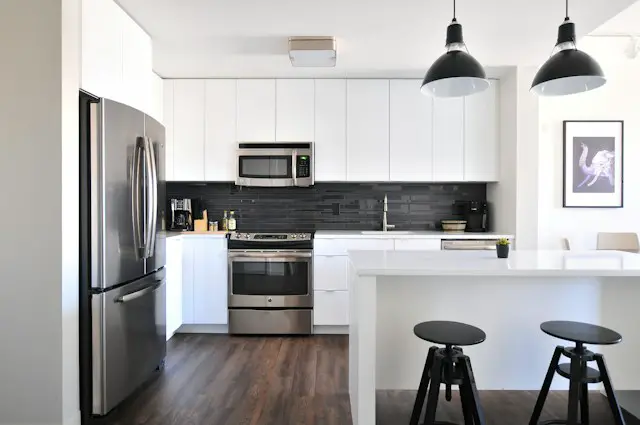
Pittsburgh’s real estate market has been a fascinating spectacle to observe over the past decade. Once an industrial powerhouse, the city has transformed into a hub of technology, education, and healthcare. This metamorphosis has not gone unnoticed in the housing sector. As someone who’s kept a close eye on these changes, I’ve seen neighborhoods revitalized and property values surge in ways few could have predicted.
The Early 2010s: A Market in Recovery
Let’s rewind to the early 2010s. The country was shaking off the dust of the Great Recession. Pittsburgh, with its steel legacy fading into memory, was laying the groundwork for a new economy. Affordable housing was abundant, attracting both young professionals and investors. The city’s cost of living was a beacon for those priced out of other metropolitan areas.
Mid-Decade Growth: Tech and Education Fuel Demand
By mid-decade, things were heating up. The presence of giants like Google and a burgeoning startup scene turned neighborhoods like East Liberty and Lawrenceville into hotspots. Universities like Carnegie Mellon and the University of Pittsburgh pumped out a steady stream of Talent, further stoking demand for housing. Prices began to climb, and the market grew competitive.
The Rise of Luxury Living
As the economy diversified, luxury living took Root. High-end condos and apartments sprouted downtown, catering to a new class of urban dwellers. These developments weren’t just a place to live; they were a statement. Amenities like rooftop terraces and concierge services became the new norm for those seeking a slice of the high life in the Steel City.
Neighborhood Revitalization and Its Effects
It wasn’t just the city center that felt the change. Neighborhoods once overlooked saw a renaissance. The South Side and Strip District transformed from industrial zones to cultural and residential havens. This revitalization, while welcome, brought its own set of challenges, including gentrification and rising property taxes.
Current Trends: A Market in Flux
Fast forward to today, and the market is in flux. The pandemic has introduced new dynamics, with remote work allowing more people to reconsider their living situations. Some are seeking more space in the suburbs, while others double down on urban living, betting on Pittsburgh’s resilience.
Investment Opportunities Abound
For investors, Pittsburgh’s market has been a gold mine. Rental properties, in particular, have seen strong returns. With a steady influx of students and healthcare professionals, landlords rarely struggle to find tenants. The city’s affordability compared to coastal counterparts continues to make it an attractive option for those looking to expand their portfolios.
Challenges and Considerations
But it’s not all smooth sailing. The city grapples with issues like aging infrastructure and public transportation. These are important considerations for anyone looking to buy or sell. After all, real estate isn’t just about the property; it’s about the quality of life that comes with it.
Looking Ahead: What’s Next for Pittsburgh’s Market?
Peering into the crystal ball, what’s next for Pittsburgh’s real estate market? If the city continues to attract tech and healthcare industries, we can expect further growth. However, affordability will be a key concern. Balancing development with inclusive housing policies will be crucial to maintaining the city’s diverse and vibrant character.
FAQs
- What areas in Pittsburgh are best for real estate investment?
Neighborhoods like Lawrenceville, East Liberty, and the South Side have been popular for investment, thanks to their revitalization and proximity to employment hubs.
- Is Pittsburgh’s real estate market affordable compared to other cities?
Yes, despite recent growth, Pittsburgh remains more affordable than many other U.S. cities, offering value for both homeowners and investors.
- How has the pandemic affected Pittsburgh’s real estate market?
The pandemic has led to a shift in buyer preferences, with some seeking larger homes in the suburbs. However, the city’s core remains strong, with ongoing interest in urban living.
Conclusion
In the past decade, Pittsburgh’s real estate market has evolved dramatically. From a post-industrial city to a tech and education hub, the transformation has been profound. The market has seen a rise in luxury living, neighborhood revitalization, and strong investment returns. Yet, challenges like infrastructure and affordability remain. Looking ahead, the city’s ability to balance growth with inclusivity will be key to sustaining its real estate market’s vitality. For those eyeing Pittsburgh, the market offers a unique blend of opportunity and character that’s hard to find elsewhere.
Pittsburgh’s real estate market has indeed come a long way, and its journey is far from over. Whether you’re a first-time homebuyer, a seasoned investor, or simply curious about the city’s housing landscape, there’s no denying that Pittsburgh is a market to watch.